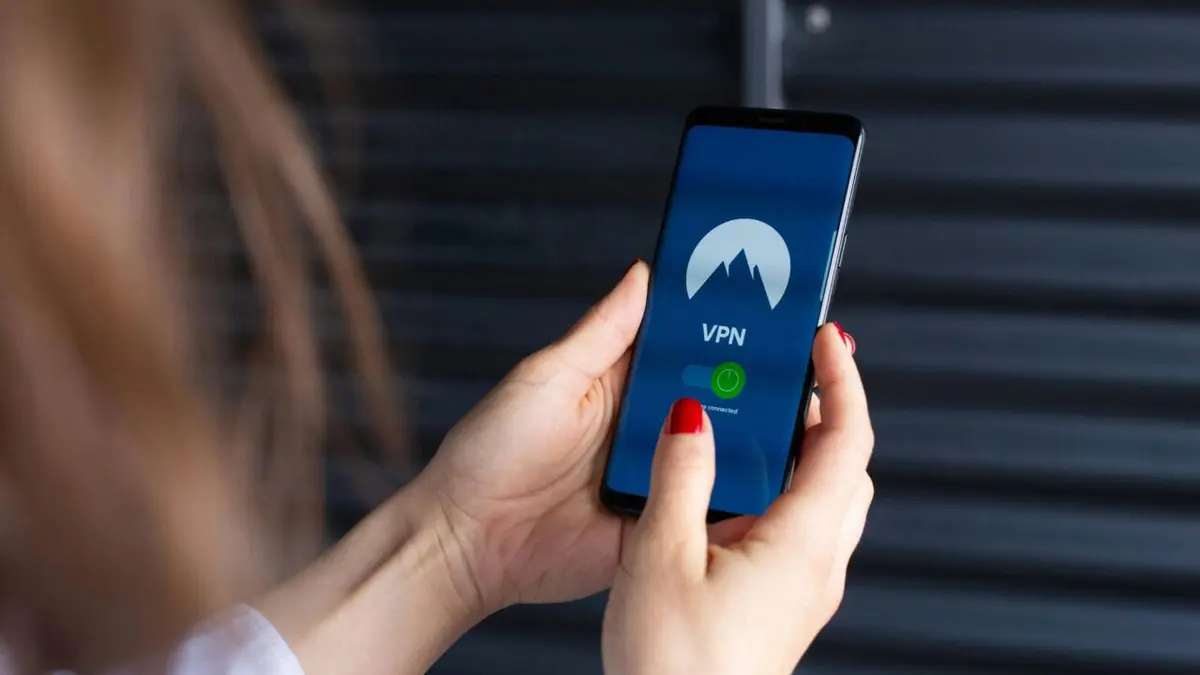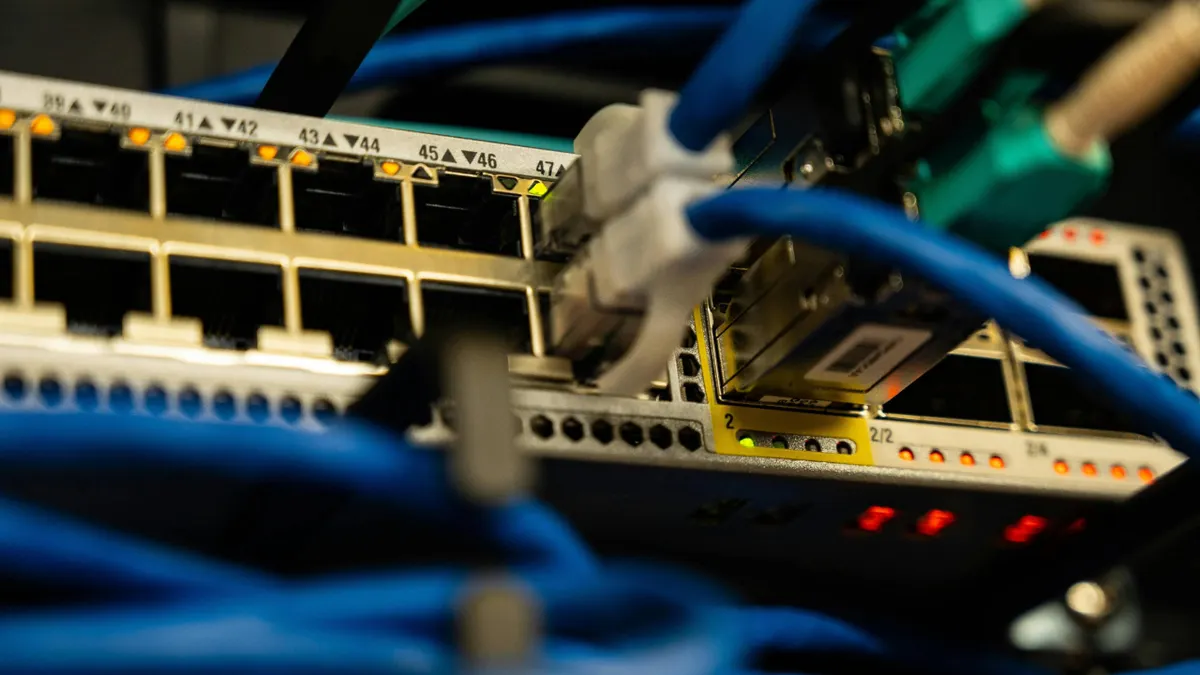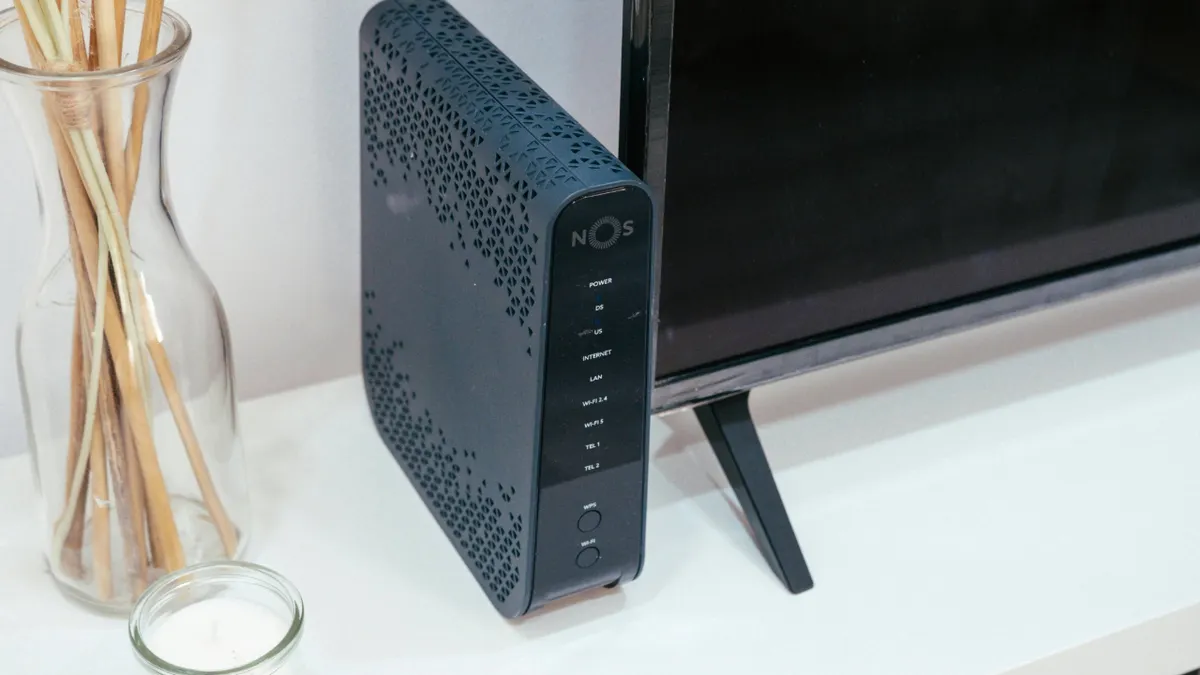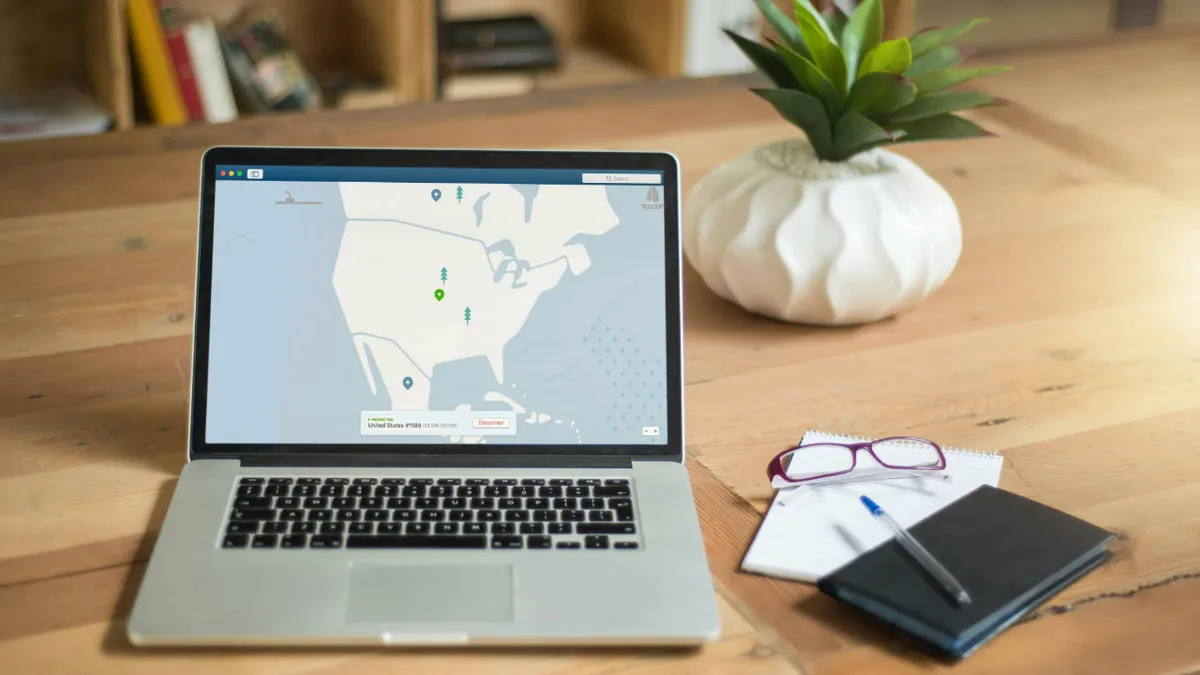VPNs (virtual private networks) are a powerful tool for securing your internet connection. They protect your data by encrypting it, making it harder for hackers or even your internet service provider (ISP) to see what you're doing online. But how should you set up a VPN? Should you install it on each device or run it on your home network through a router? We will break down the pros and cons of both methods to help you make the right decision.
GET SECURITY ALERTS, EXPERT TIPS - SIGN UP FOR KURT’S NEWSLETTER - THE CYBERGUY REPORT HERE

How VPNs work
VPNs operate through two primary mechanisms: IP address masking and data encryption. When you connect to a VPN, it hides your real IP address by assigning you a new one from their server network, effectively preventing websites and cyber criminals from tracking your location or identifying you based on your IP address.
Simultaneously, VPNs encrypt all data transmitted between your device and the internet, rendering it unreadable to anyone who might attempt to intercept it. This encryption process ensures that sensitive information, such as credit card details, remains confidential throughout your online activities. By combining these two powerful features, VPNs create a secure tunnel for your internet traffic, significantly enhancing your online privacy and security.
VPN on devices vs. router: What's the difference?
Understanding the difference between using a VPN on individual devices vs. setting it up on your router is crucial for maximizing your online security and privacy.
VPN on a device
Most people are familiar with using a VPN app on their phone, laptop or tablet. In this setup, the device connects directly to the internet through the VPN, keeping that device's internet activity secure.
VPN on a router
With a VPN router, instead of installing a VPN on each device, the router connects to the VPN. This means every device connected to your Wi-Fi – whether a smartphone, laptop, gaming console or even a smart TV – automatically uses the VPN, even if that device doesn’t support VPN apps.

TOP ROUTERS FOR BEST SECURITY 2024
Why use a VPN router?
There are several advantages to running a VPN directly on your router.
1) Protect all the devices on your network
A VPN router ensures that every device on your network is protected, even those that don’t support VPNs, like smart home devices or certain game consoles. Once the router is set up with a VPN, it encrypts the internet traffic of all connected devices.
2) Set it and forget it
Installing or managing VPN software on every device is unnecessary with a VPN router. Once the router is configured, you can sit back and enjoy a protected internet connection across your entire home network. However, it’s a good idea to occasionally check that the connection is working properly using tools like DNS leak tests.
3) Increased privacy
Using a VPN prevents your ISP from seeing which websites or services you’re using. This is particularly useful if you’re concerned about privacy or want to access geo-restricted content, such as streaming services like Netflix or gaming platforms.

Are there any downsides to VPN routers?
While VPN routers are convenient, they do come with a few potential drawbacks.
1) Cost
Most basic routers provided by your ISP don’t support VPN connections. You’ll likely need to purchase a more advanced, VPN-compatible router, which can be pricier, starting at around $50 and going much higher for premium models.
2) Speed and performance
Encrypting all the traffic in your home network requires processing power. If you have a lot of devices connected at once, a primary router might struggle to keep up. In this case, a higher-end router with more processing power is recommended.
3) Less flexibility
When you use a VPN app on a device, switching server locations, adjusting security settings or choosing different VPN protocols is easy. Making these changes on a VPN router requires logging into the router’s settings, which can be more time-consuming and complicated.
DON'T TOSS YOUR OLD INTERNET ROUTER UNTIL YOU DO THIS
How to set up a VPN on a router
Setting up a VPN on your router may seem complex, but it significantly enhances your digital security, especially when paired with a robust router. Here’s how to approach this process.
Choose a compatible VPN service: Select a VPN provider that supports router installations. Look for services that offer comprehensive guides and customer support to assist you through the setup.
Select the right router: Ensure your router is VPN compatible and has strong security features. Opt for routers that support the latest Wi-Fi encryption standards, such as WPA3, and have built-in firewalls to protect against external threats. This will provide a solid foundation for your VPN connection.
Install the VPN: Follow your VPN provider's step-by-step instructions to configure the service on your router. This typically involves entering your login credentials, installing necessary certificates and selecting a server location.
Test your connection: Once configured, verify that your VPN is functioning correctly by testing the connection. Ensure that all devices connected to the router are protected by the VPN.
Leverage additional security features: Take advantage of your router’s features such as guest networks and parental controls to enhance security further. A separate guest network prevents unauthorized access to your main network, while regular firmware updates from the manufacturer help mitigate vulnerabilities.
By integrating these steps, you not only set up a VPN but also fortify your home network against potential cyber threats.

BEST VPNs FOR BROWSING THE WEB PRIVATELY 2024
Should you use a VPN on a router or device?
When to use a VPN on a device:
- If you only need protection on a few devices, installing the VPN directly on your devices might be easier if you mostly use the internet on your phone and laptop.
- If you want flexibility, using a VPN app lets you quickly switch servers, change settings or disconnect the VPN when needed.
When to use a VPN on a router:
- If you have many devices, a VPN router is ideal if you have many devices connected to your Wi-Fi, especially if some of those devices don’t support VPN apps.
- If you want whole-home protection, a VPN router protects every device on your network, providing seamless security without the need to install apps on each one.
Find the perfect VPN software
When selecting a VPN on a device, you’ll want to choose trusted providers known for robust encryption and no-log policies to ensure your privacy. Whether for sensitive tasks or everyday use, reputable VPN services will boost your security and speed. For the best VPN software, see my expert review of the best VPNs for browsing the web privately on your Windows, Mac, Android and iOS devices.
WHY YOU SHOULD BE USING A VPN TO SAFEGUARD YOUR STOCK TRADING ACTIVITIES
Kurt's key takeaways
Both VPN routers and VPN apps have their own strengths, and the right choice depends on your specific needs. A VPN router might be the way to go if you’re looking for convenience and whole-home protection. But if you prefer flexibility and more control over individual devices, sticking with a VPN app might suit you better. Either way, a VPN is a great step toward protecting your privacy and securing your online activities.
What aspects of online privacy and security are most important to you when browsing the internet at home? Let us know by writing us at Cyberguy.com/Contact.
For more of my tech tips and security alerts, subscribe to my free CyberGuy Report Newsletter by heading to Cyberguy.com/Newsletter.
Ask Kurt a question or let us know what stories you'd like us to cover.
Follow Kurt on his social channels:
- YouTube
Answers to the most asked CyberGuy questions:
- What is the best way to protect your Mac, Windows, iPhone and Android devices from getting hacked?
- What is the best way to stay private, secure and anonymous while browsing the web?
- How can I get rid of robocalls with apps and data removal services?
- How do I remove my private data from the internet?
New from Kurt:
- Kurt’s Best New Holiday Deals
- Try CyberGuy's new games (crosswords, word searches, trivia and more!)
Copyright 2024 CyberGuy.com. All rights reserved.


.svg)



.svg)
.svg)